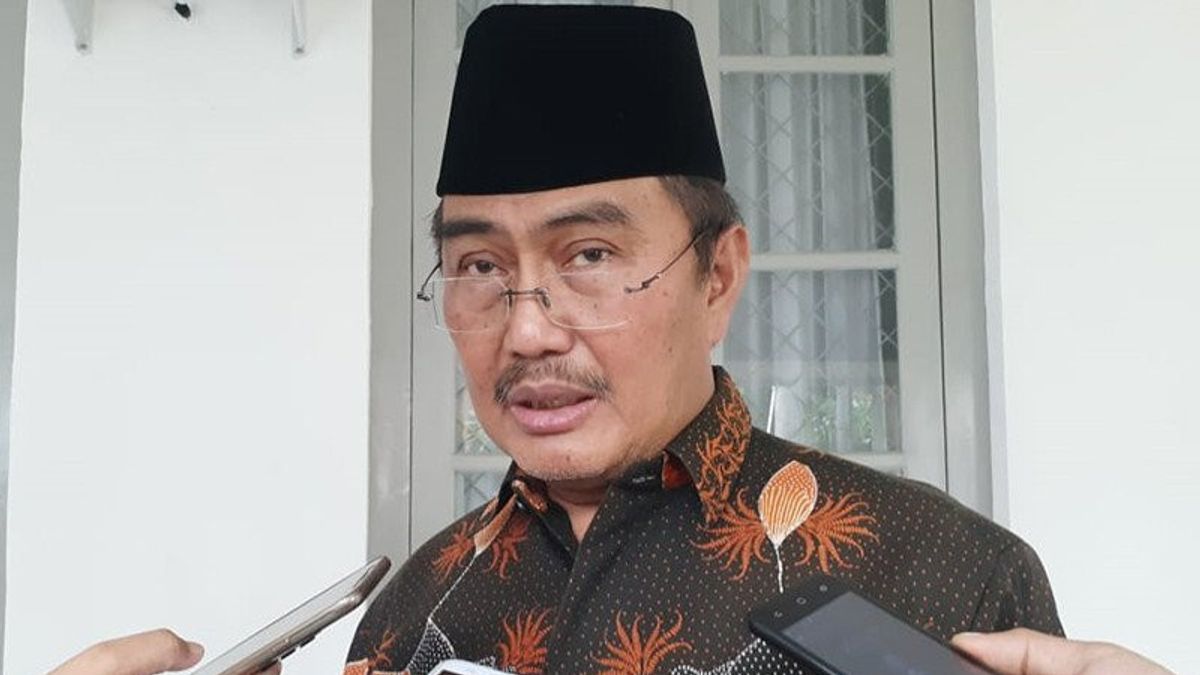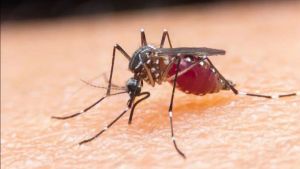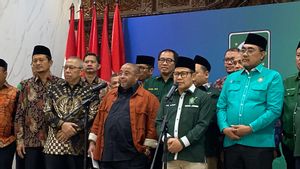
JAKARTA - The Chief Justice of the 2003-2008 Constitutional Court, Jimly Asshiddiqie, emphasized that the decision of the institution conducting the judicial review is final and binding since it is read and does not require execution.
Reported by Antara , Tuesday, October 13, according to him, Article 59 paragraph (2) of Law Number 8 of 2011 concerning amendments to Law Number 24 of 2003 concerning the Constitutional Court is often misunderstood.
The omitted article in the last revision of the Constitutional Court Law reads, "If amendments to a law that has been tested are needed, the DPR or the President immediately follows up on the decision of the Constitutional Court as referred to in paragraph (1) in accordance with statutory regulations".
"The article can even be misunderstood as if the Constitutional Court's decision only applies if it has been followed up. The truth is, the Constitutional Court's decision is final and binding since it was read out," said the expert on constitutional law.
He said, judicial review decisions that cause changes in norms do not require execution like the decisions of the Supreme Court and the courts below which try concrete people or cases.
Without any follow-up from the government or the DPR, he emphasized that when a judicial review is granted, the law that is granted will automatically change.
Previously, there was an opinion that the review of the Omnibus Law on Job Creation to the Constitutional Court was useless because with the removal of Article 59 paragraph (2) of the Constitutional Court Law after being revised, the government and the DPR did not have to follow up on the Constitutional Court decision.
Even though various parties consider that instead of demonstrating against the ratification of the Job Creation Law, proposing a judicial review of the law to the Constitutional Court is actually a better step, especially during the COVID-19 outbreak in Indonesia which is still difficult to control.
The English, Chinese, Japanese, Arabic, and French versions are automatically generated by the AI. So there may still be inaccuracies in translating, please always see Indonesian as our main language. (system supported by DigitalSiber.id)












